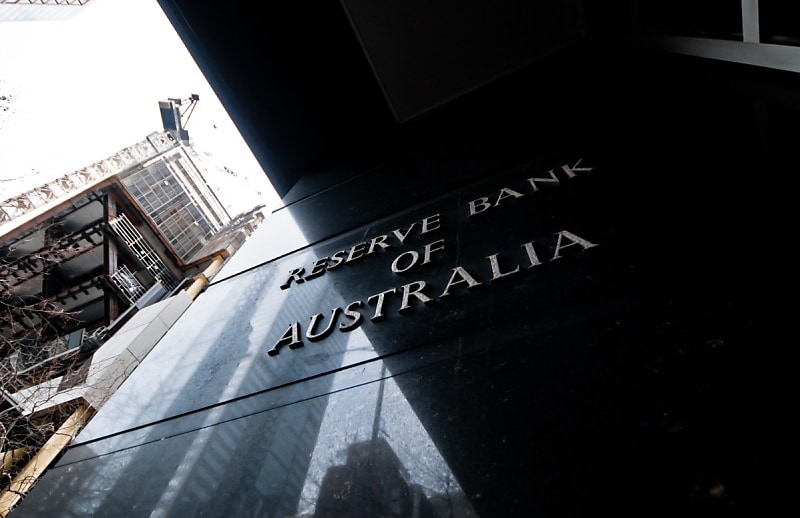Small business struggles, but financial system resilient: RBA
BusinessThe bank’s Financial Stability Review finds higher interest rates have hurt small businesses the most.

Small businesses are most vulnerable to economic shocks but their rising insolvency rates pose little threat to the overall financial system, according to the RBA.
The bank, in its biannual Financial Stability Review released Friday, said small businesses needed to manage their finances carefully as high interest rates, costs and slowing demand had put a dent on post-COVID-19 recovery gains.
“Higher interest rates have directly affected businesses’ interest expenses, especially for smaller businesses,” it said.
“Firm-level data suggest that operating profit margins as at March 2023 are around their pre-pandemic levels in most industries, outside of the mining sector. However, profit margins have begun to decline a little in the accommodation and food industry.”
The RBA left the cash rate unchanged last week at 4.1 per cent for the fourth consecutive month.
However, since most small businesses used variable-rate loans, they had been acutely affected by the RBA’s 12 rate hikes between May 2022 and June 2023.
“Smaller businesses have seen significant increases in their interest expenses … by contrast, larger ASX-listed companies have used interest rate hedges for variable-rate debt and issued longer-term fixed-rate debt when interest rates were low, which has slowed the impact of higher interest rates on their cash flow positions,” it said.
To support their operations or service debts, the RBA said small businesses were drawing down on cash buffers, but that cash buffers relative to expenses remained generally high.
“Even among unprofitable listed companies, 60 per cent have enough cash on hand to cover their total liabilities, which reflects that these companies tend to have little debt.”
The RBA also found that corporate insolvencies had risen to pre-pandemic levels, mostly among small firms with little debt, and were partly attributable to the ATO’s enforcement activities.
“Corporate insolvencies have increased to around pre-pandemic levels, though most have tended to be small firms with little debt, limiting their broader impact on the economy and financial system.”
“The increase in insolvencies has partly reflected the resumption of ATO enforcement activities on unpaid taxes following the end of the pandemic. This is likely to continue to prompt some businesses that are unable to pay their debts to commence formal insolvency procedures.”
While systemic risks from non-bank lenders were small, defaults on trade credit between businesses could cause them financial strain, the RBA said.
“The ongoing pressure on many households' and businesses’ incomes and balance sheets has made them vulnerable to further shocks. In an adverse scenario where growth slows and unemployment rises more sharply than expected, loan losses for banks would increase,” it said.
“However, their provisioning and capital levels leave banks well placed to manage the increase in arrears, limiting the impact on credit provision in the economy and overall stability of the financial system.”
“The Australian financial system remains strong.”
Treasurer Jim Chalmers said the RBA’s review was an important reminder of the ongoing pressures faced by households, businesses and the economy.
"In the face of the challenges coming at us from around the world, Australia's resilient labour market and well-regulated financial system are among our strengths.”
"We know Australians are doing it tough and higher interest rates will continue to bite, particularly as more and more households come off lower fixed-rate mortgages.”
Mr Chalmers said the government was focused on “rolling out billions of dollars of cost-of-living relief in a way that doesn’t add to inflationary pressures”.




